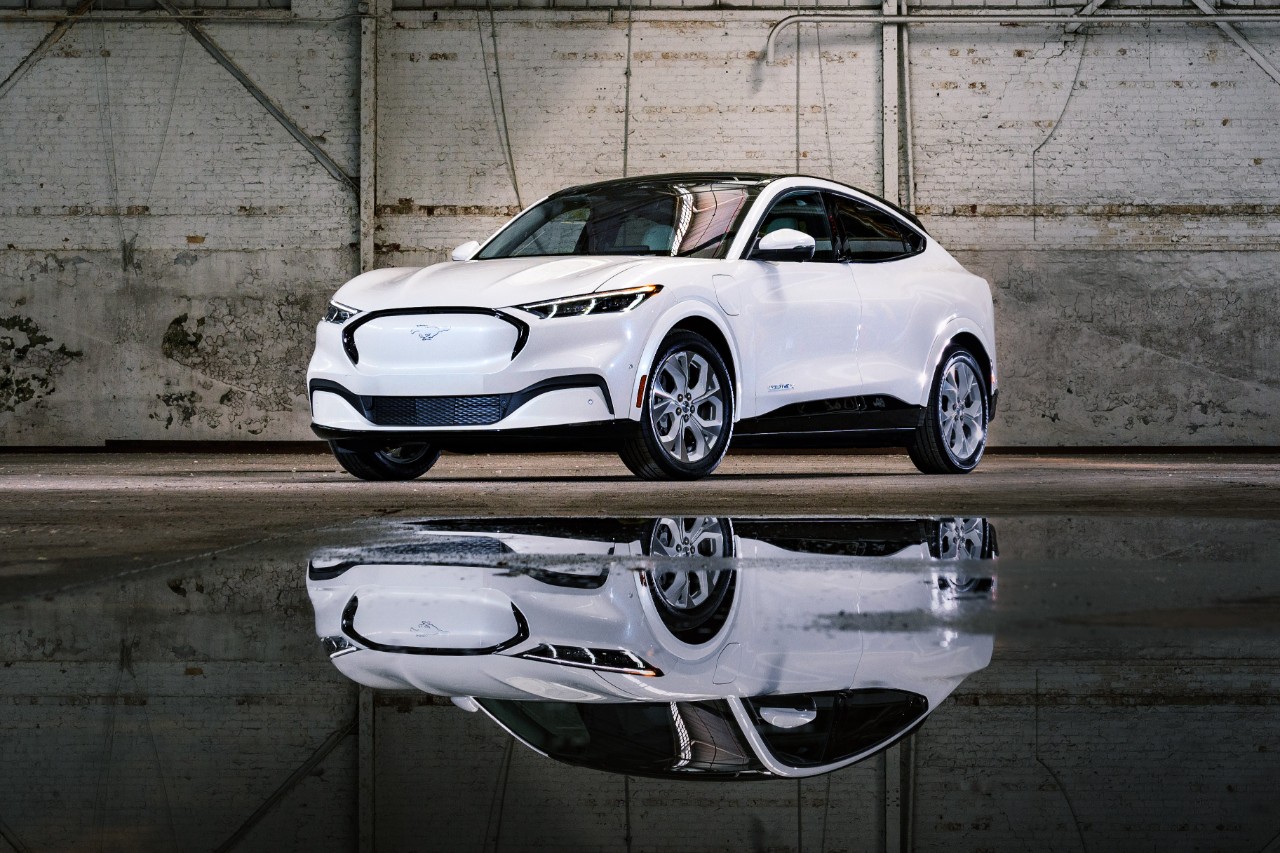The fun continues for Ford (F 1.52%) in Europe, where by "fun" I mean "misery": The Blue Oval's sales in the 19 markets it counts in Europe fell 22% in January, a much greater drop than the market's overall average.
The problem is simple: Tough economic conditions continue to keep buyers away from showrooms. Ford in particular is seeing steeper sales declines than some of its rivals in part because of its reluctance to slash prices; a business decision that makes good long-term sense but hurts right now.
Worse, Ford's European sales misery isn't likely to lift any time soon, as signs suggest that the market could be getting even worse.
A tough market may be getting even tougher
The Association of European Carmakers said that auto sales in Europe fell 8.5% in January, with total sales making it the slowest January for European auto sales since 1990. Auto sales in Europe hit a 17-year low in 2012, and are expected to fall again in 2013.
The problem of the moment: Germany. The German economy has been relatively healthy compared to most of its European peers, but signs – at least for new-car sales – are turning grim. While sales held relatively steady through much of the last year, they have turned downward in 2013, falling 8.6% in January.
That could well accelerate the European car market's decline in 2013. But despite the woes in Germany – where Ford has almost 6% of the market -- all is not awful for Blue Oval.
Some successes for Ford amid the wreckage
Despite the scary-looking double-digit sales declines it has posted in recent months, Ford has held on to its market position. It's still the No. 2 automaker in Europe after Volkswagen (VLKAY 1.85%), and it's still the market leader in both cars and total vehicles in the United Kingdom.
Ford even had a small victory to celebrate in Europe in January. Its share of the commercial vehicle market rose to 8.7%, up 1.6 percentage points from last year, on strong sales of the new Transit Custom commercial van.
Ford is also seeing strong results from its new B-Max, a Europe-only mini-minivan that shares a platform with the subcompact Fiesta sedan, and for the just-refreshed Fiesta and new Kuga SUV. (In all but name, the Kuga is identical to the new-generation Ford Escape SUV introduced here last year.)
But none of this makes up for the essential facts: Ford lost $1.75 billion in Europe last year, and its struggles are continuing – though as Ford's PR crew pointed out on Tuesday, help is already on the way.
Ford's plan for Europe is starting to unfold
Ford's plan to restore its European operation to profitability has three parts, all inspired by Ford's recent success in turning around its (now wildly profitable, at least by car-biz standards) North American operation:
- Cost reductions, including the planned closure of three Ford factories in Europe (and with more cuts possible, should they be needed);
- A marketing overhaul that will bring Ford's European marketing approach in line with what has worked elsewhere in the world; and
- A slew of new models, many in product categories that Ford has not previously contested in Europe, in hopes of capturing more overall sales and market share even in a contracting market.
Some of those new models – many of which are variations on familiar Ford products – are already en route. The Focus Electric, a sportier version of the Fiesta, the EcoSport (a small SUV based on the Fiesta's platform), and revised versions of the Transit Connect commercial van and the Tourneo Connect, its passenger van counterpart, are all due to debut in Europe this year.
The upshot: Get used to ugly sales updates
Most Ford shareholders who watch the Blue Oval's European results are used to grim sales reports at this point, but we should be clear: They're likely to continue for awhile. With the market set to contract further, and with Ford – like rival General Motors (GM 0.12%), which is busy with its own European overhaul – resisting the price-cutting war being waged by the likes of VW and Fiat (NASDAQOTH: FIATY), continued slides in market share seem more likely than not, at least for the next few quarters.
The good news is that things are probably going to get quite a bit better for Ford over the next couple of years, even if Europe's auto market continues to stink. Ford's plan for restoring Europe to profitability is a good one, and the company's success with a similar approach in North America means that its chances of success are quite good – good enough, in fact, that I continue to think that the likelihood of a Europe turnaround is a big part of why Ford stock is still a buy at the moment.








